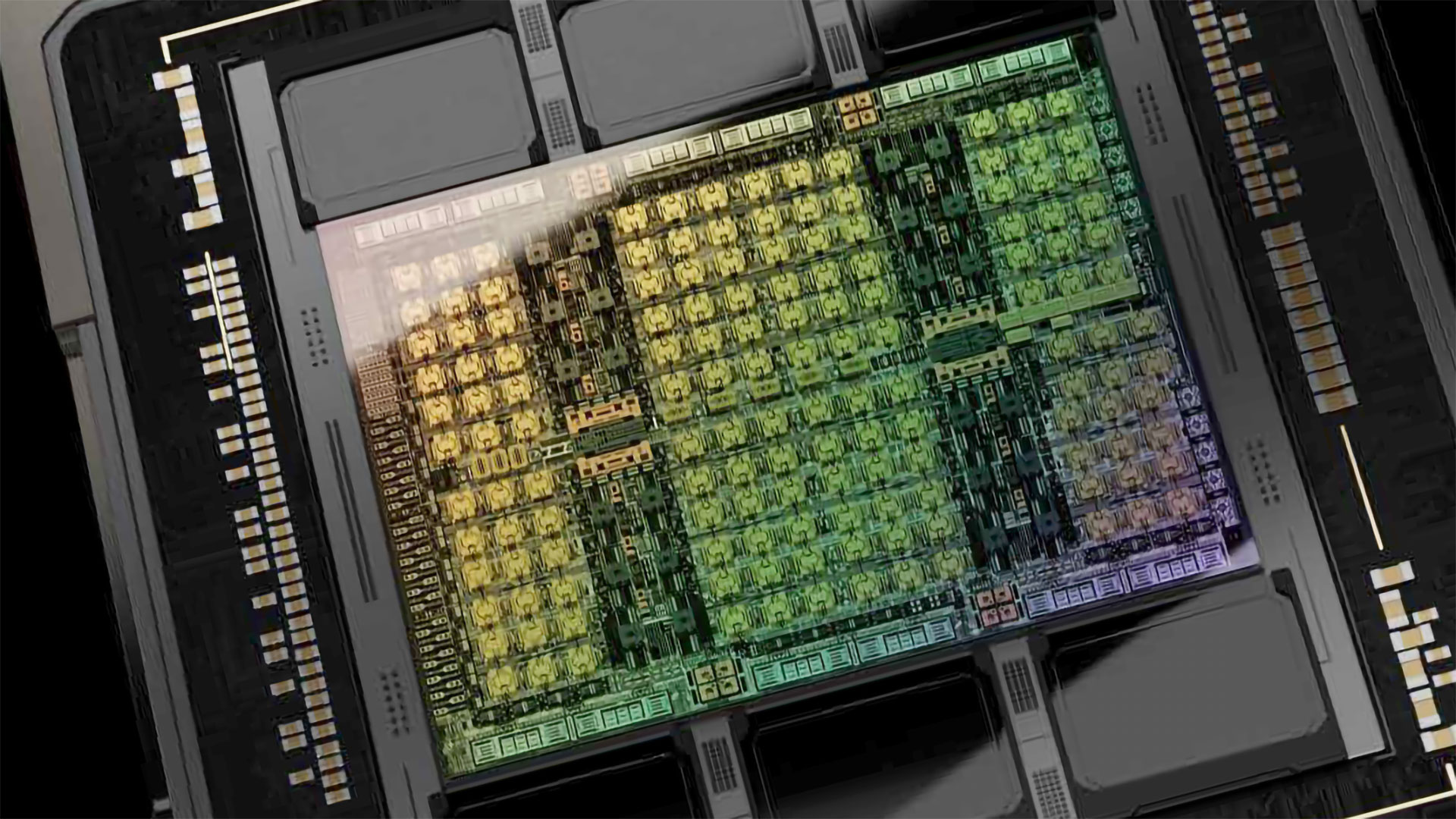
Per an exclusive report from Reuters, Nvidia has lost the #1 spot in the Chinese AI chip market following the release of the sanctions-legal Nvidia H20, which slightly underperforms compared to the China-made Huawei Ascend 910B. Reportedly, the Huawei Ascend 910B is roughly 10% faster in AI workloads than Nvidia's top-end, sanctions-legal H20.
These performance issues, combined with Nvidia's abundant supply and sanctions restrictions, have forced it to cut H20 prices by "over 10 percent" in the Chinese market. One of the companies noted in the original story that still supports Nvidia in China is the online marketplace Alibaba, which ordered over 30,000 Nvidia H20 chips. Distributors are selling the H20 at roughly 100,000 yuan, compared to the Huawei 910B, which can exceed 120,000 yuan per card.
SemiAnalysis founder Dylan Patel adds that the H20 costs "more than an H100 to manufacture due to its higher memory capacity" despite being sold for half the price, which he correctly points out as a "dramatic decrease in margin."
Besides dealing with sanctions and the resulting thin margins, Nvidia has to deal with Beijing encouraging Chinese companies to buy from Huawei first. With this information in mind, Huawei is expected to "dramatically increase" its Ascend 910B shipments.
Nvidia CFO Colette Kress notes that "Our data centre revenue in China is down significantly from the level prior to" the new sanctions applied, and that they "expect the market in China to remain very competitive going forward."
On a happier-for-Nvidia note, Chinese news site MyDrivers, citing Bobantang, claims the supply of RTX gaming GPUs to China has increased by at least 30% since May. These are obviously more consumer-oriented than the AI chips, but of course, Nvidia GPUs are perfectly adequate AI accelerators for most users and small businesses.
Unfortunately for Nvidia, the big money is clearly in the AI server and datacenter space, and world politics have brutally kicked them off that Top Dog Throne in China. Even if the Nvidia H20 outperformed the Huawei 910B, the aforementioned manufacturing cost issues and thinner margins would still make it a slightly pyrrhic victory.







